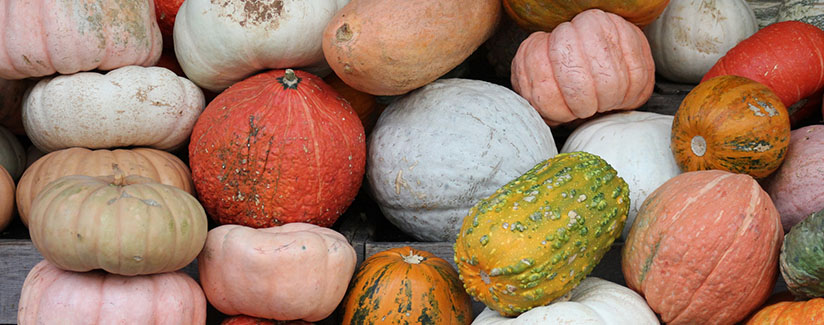
Why are GMOs Banned in Other Countries?
12/12/2012
As part of our video series on GMOs, we received two questions in regards to GMOs and their availability in other countries besides the United States. One YouTube viewer commented, “Fact is other countries label GMO’s, why is that? Why can’t the consumer decide for themselves? Why are they trying to pass this off as normal food, when it has been modified? What about soy that is made to grow with pesticides inside of it, that cannot be washed off?” Another YouTube viewer asked, “Why are GMOs banned in so many countries?”
To answer these questions, we reached out to Dr. Robert Paarlberg, Betty Freyhof Johnson Class of 1944 Professor of Political Science at Wellesley College and Adjunct Professor of Public Policy at the Harvard Kennedy School, and Associate at Harvard’s Weatherhead Center for International Affairs.
Dr. Robert Paarlberg
The European Union does not formally ban the consumption of GMO corn or soy. Some countries in the EU – such as Spain – grow modest amounts of GMO corn for animal feed, and the EU as a whole imports considerable GMO soy, again for use as animal feed. It is also legal in the EU to import various types of GMO cotton, maize, rapeseed, and sugar beet. What makes the EU different from the United States is not a ‘ban’ on consumption or imports, but instead 1) non-approval of domestic cultivation of many GMO products, plus 2) mandatory labeling of food products that have even small traces of GMO content. Food companies in Europe have reformulated their products taking out all GMO ingredients so as to avoid these labels, and this is what has squeezed GMO foods for direct human consumption out of the market. But products from animals raised on GMO feed do not need a label, so Europeans continue to use GMO corn and soy for animal feed.
Very few countries explicitly ‘ban’ GMOs. In most cases, governments have simply not yet ‘approved’ various GMO crops for cultivation, or for import, or for human consumption. The presumption that each separate GMO should require case-by-case and use-by-use approval, by national government regulatory committees, has greatly slowed down the uptake of the technology. In effect, GMO foods and crops are being regulated as strictly as medical drugs, even though there is no evidence that they carry more risks than conventional foods and crops (in the official opinion of the EU Research Directorate, for example). Critics of GMO crops have promoted highly precautionary regulatory systems as one way to slow down the spread of the technology, and in large parts of the developing world governments have not yet given any cultivation approvals at all.
Do you have a question to ask the experts? Please submit a question!
View our five-part video series focused on genetically modified food:
GMO 101
Are GMOs Safe?
Are GMOs Harmful to the Environment?
Are GM Foods Nutritionally Different?
GM Labeling
“25a.Autumn.WholeFoods.1440P.NW.WDC.14October2014” by Elvert Barnesmizo is licensed under CC BY-SA.


























